Everyone’s all about eating healthy these days. What has more nutrients? Is this kale free range? Today I’m going to help you out and let you know how to preserve most nutrients from your veggies. Vegetables are awesome for you. Because they’re chock full of essential vitamins that we need. Our body can’t make these nutrients on its own. These nutrients help you function, grow, and fight off diseases. Let me just give you a quick recap about vitamins.
- Water-soluble vitamins have antioxidant properties. That help with tissue repair and reduce the risk of cardiovascular diseases.
- Fat-soluble vitamins are great for your eyes, liver, blood and bones.
- Veggies are also a great source of minerals which regulate important processes in the body.
- Magnesium keeps muscles, nerves, blood and bones strong and healthy.
- Iron is crucial for growth and making hemoglobin. Which is the protein that carries oxygen throughout your body.
You get it, nutrients are good for you. Now here’s how to preserve nutrients to get the most of them i mean out of your veggies.
1. Do Not Throw Away The Cooking Water
Cooking can be a great way to get all those delicious nutrients out of your veggies. The heat breaks down the plant cell walls. Releasing vitamins and minerals for easier absorption. But there can be drawbacks. One big culprit behind nutrient loss is your cooking water. It leaches off the water-soluble fiber and vitamins. Leaving you with nutrient rich water while your veggies aren’t as healthy as they could be. Researchers found that boiled broccoli lost about 35% of its vitamin C. While steaming caused about a 20% loss and microwave and pressure-cooking only a 10% loss. Lost, however, doesn’t mean destroyed. As long as you consume that cooking liquid, say in a tasty soup or sauce, you can get all those nutrients back. You can minimize the leaching by using less water. And cutting the vegetables into large chunks for less exposed surface area also preserve nutrients while cooking.
2. Avoid Frying To Preserve Nutrients

Heat and oil are also villains to nutrients. Vitamins break down over extended heating times. While minerals are better at withstanding heat. Something to consider when choosing between a quick sauté and a long roast. Frying is the unhealthiest choice. Not only does the frying oil take away fat-soluble vitamins. Oil is heated to much hotter temperatures that many compounds just can’t survive. So that deliciousness comes with a price. In this case saturated fat. And depending on how they’re fried, trans fats.
3. Eat Your Veggies With Healthy Fats
Now here’s where chemistry can really help you. The chemical principle of like dissolves like means that you lose water-soluble vitamins to water. And fat-soluble vitamins to frying oil. But that can also be used to your advantage. Eating vegetables with fat-soluble vitamins along with a little bit of good fat can help your body absorb the nutrients.
A study found that eating salad along with avocados or oil-based dressing such as extra virgin olive oil helped participants absorb way more of the healthy carotenoids as compared to plain salad.
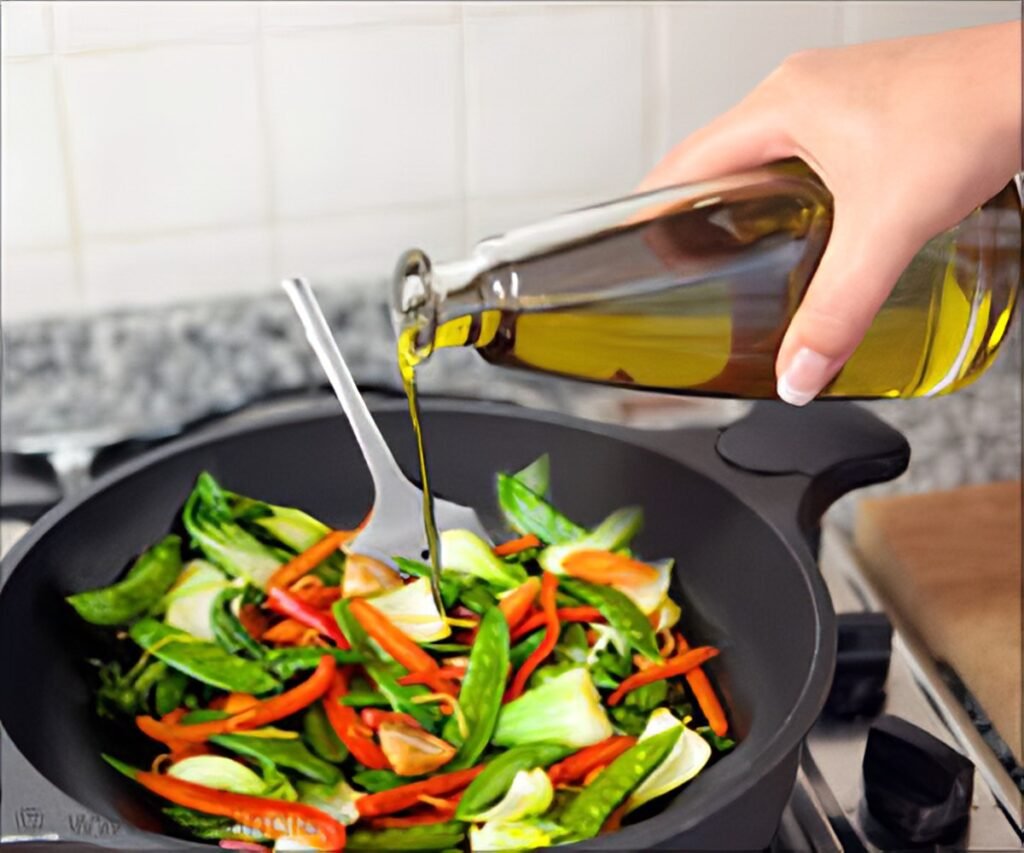
That’s because when you grind up the salad with your teeth, the oily dressing is very happy to pick up the fat-soluble vitamins- remember, like dissolves like. That makes it easier to deliver those vitamins to your body.
4. Frozen Vs Fresh Foods
You may have heard fresh produce is better for you. But that might not always be true. If what you’re craving is out of season, consider trying flash frozen produce.
In one study, scientists found frozen green beans only lose a quarter of its vitamin C after a year! That’s compared to refrigerated green beans. Which lose three-quarters of its vitamin C after just one week.

5. Heat Is Not Always Bad For Nutrients
So if cooking makes vegetables lose nutrients, why not just eat them raw, right? Well, there are reasons to leaving foods intact. For example, carrot and potato peels are loaded with fiber. But it’s not quite that simple. A 2008 study found that people who eat a completely raw diet had higher than normal levels of beta-carotene. An antioxidant that makes carrots, orange and contributes to healthy skin and eyesight. BUT, they had much lower levels of lycopene, an antioxidant that gives tomatoes their signature red color. And has been linked to reduced risks of cancer and heart disease. That’s because cooking with oil changes the lycopene into a structure that is easier for your body to absorb.
In other words, cooking gives you easier access to certain essential nutrients. So the next time you’re actually cooking and not ordering take out, use these tips to preserve nutrients and to get the most nutrition, along with taste, out of your produce. Remember, every vegetable is like a unique snowflake. Vegetables preserve their nutrients in different ways depending on how you cook them.
6. Every Nutrient Has Different Response To Heat
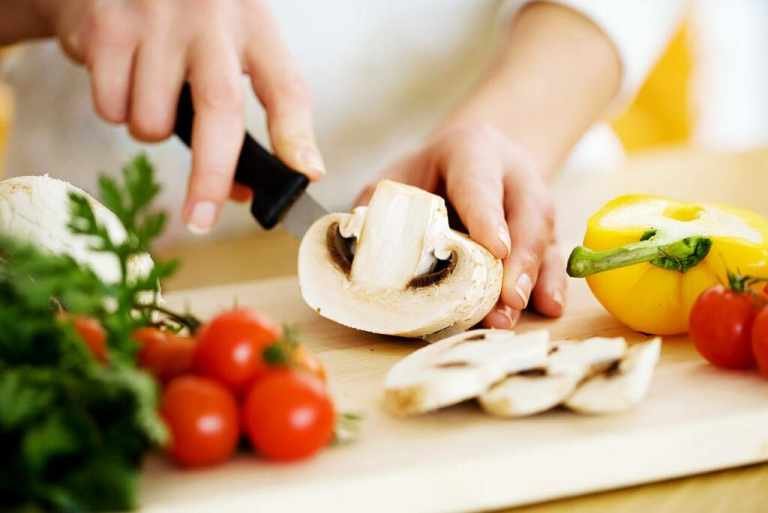
In one 2015 paper researchers examined differences in folate carotenoids and vitamin C content. And 13 frozen vegetables after boiling in water, steaming, pressure steaming or microwave cooking. It turns out what cooking method is better depends on what nutrients you are looking at. And what vegetable you’re cooking. For example researchers found that in spinach, the beta-carotene a precursor for vitamin A was preserved best actually increased by 24% from steaming compared to other methods of cooking. Same study showed that beta carotene levels increased in sliced carrots by 12% after microwave.
According to a science-based medicine article on microwaves and nutrition, microwave cooking is a safe technology. It’s fast and convenient and as it turns out has a favorable profile in terms of the effects on food nutrition. But that doesn’t necessarily make microwaving the best cooking option.
Conclusion
A 2015 review came to the conclusion that steaming seems to be the best cooking method for maintaining nutritional quality. However boiling turned out to be the worst method for cooking in terms of nutrient loss. So the common advice is to avoid high temperatures and lots of water especially for vitamin C content. To wrap this one up I would say that some cooking methods are superior to others in terms of retaining nutritional quality. So I think the most practical advice is to try to include a variety of cooking methods if you can. And above all else simply have a diet that’s filled with a variety of different fruits and vegetables. And Mediterranean Diet will do that nicely, that’s it for this one guys.

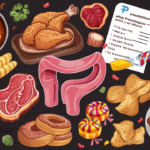
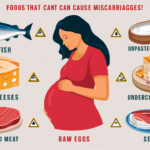
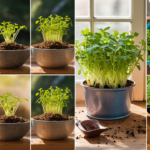
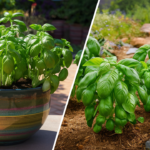


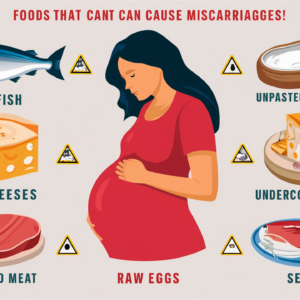

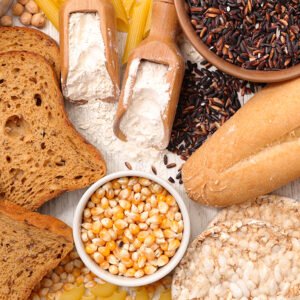

Can you be more specific about the content of your article? After reading it, I still have some doubts. Hope you can help me.
Your point of view caught my eye and was very interesting. Thanks. I have a question for you.